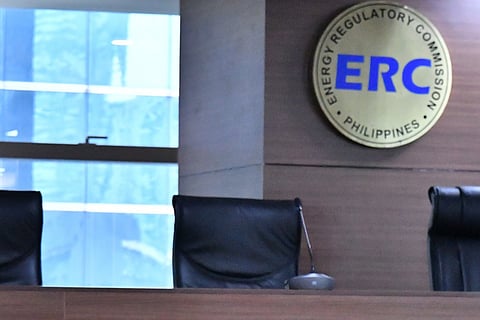
- NEWS
- the EDIT
- COMMENTARY
- BUSINESS
- LIFE
- SHOW
- ACTION
- GLOBAL GOALS
- SNAPS
- DYARYO TIRADA
- MORE

PALO, Leyte—Various civil society organizations, church groups, and consumers will ask the Energy Regulatory Commission to order the electric cooperatives in Eastern Visayas to refund electric consumers of what they paid to the distribution utilities.
The group called Re-Fund Region 8 said the electric cooperatives charged the consumers based on “illegal power supply agreements” that the Supreme Court nullified in 2019.
The group says the PSA was nullified due to the failure of electric cooperatives to undergo a competitive selection process as mandated under the Electric Power Industry Reform Act (EPIRA) law of 2001.
Griderick Alila, Visayas Coordinator of the think tank Center for Energy, Ecology, and Development (CEED), said the 2019 Supreme Court decision nullified 120 power contracts across the country, including those of 11 electric cooperatives in Eastern Visayas.
“They are unqualified to be the basis of the high electricity rates consumers have been forced to pay for years,” Alila said, referring to the nullified power supply agreements.
The Re-Fund Region 8, whose groups include the Social Action Center of the different dioceses under the Archdiocese of Palo, was launched on Wednesday, 16 October, with a signature campaign for the petition to the ERC.
The petition also asks the ERC to disapprove the power supply agreements that were entered into by 10 electric cooperatives earlier this year, which are still pending at the ERC for approval. The group says the bidding process failed to consider electricity sourced from renewable energy; thereby, all the winning bidders will supply electricity coming from coal-fired power plants.
The group says the continued use of coal, which triggers negative environmental impacts and contributes to the worsening of the climate crisis, is incompatible with highly climate-vulnerable Eastern Visayas.
Farah Gamalo, regional coordinator of the Freedom from Debt Coalition in Eastern Visayas, says power derived from coal is not only expensive but also one of the biggest contributors to global warming that caused strong typhoons such as Typhoon Yolanda in 2013.
“Coal costs not only our pockets but also our lives. Typhoon Yolanda in 2013 and the many more catastrophes that hit us before and after it are a reminder of just how vulnerable the region is to impacts of climate change,” Gamalo said.
Ronald Abao, head of archdiocesan program Caritas Palo, said the power sector should heed the lessons from Typhoon Yolanda.
“The fact that the deadliest typhoon to have ever hit the world had landed in Tacloban should have been enough reason to stop dependence on dirty energy. Typhoon Yolanda was a painful lesson for everyone and should continue to be a reminder for the years to come,” Abao said.
“Our most vulnerable brothers and sisters most feel this burden. We should not leave them behind in this dire climate situation that we all face. We have to do our part by demanding accountability to protect our people and our immediate environment,” he added.
